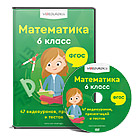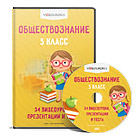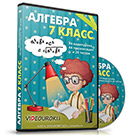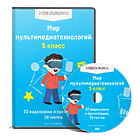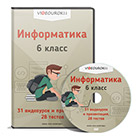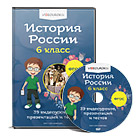hgfc fgb fghnghhjntgujn rg nikuhguh fdhfuhd hjti hrth btfghrth dfhtjj ththr tj
Создайте Ваш сайт учителя Видеоуроки Олимпиады Вебинары для учителей
Lesson on "Food for thought"
Вы уже знаете о суперспособностях современного учителя?
Тратить минимум сил на подготовку и проведение уроков.
Быстро и объективно проверять знания учащихся.
Сделать изучение нового материала максимально понятным.
Избавить себя от подбора заданий и их проверки после уроков.
Наладить дисциплину на своих уроках.
Получить возможность работать творчески.
Просмотр содержимого документа
«Lesson on "Food for thought"»
Полезное для учителя
Распродажа видеоуроков!
2040 руб.
2920 руб.
2050 руб.
2930 руб.
2040 руб.
2920 руб.
1880 руб.
2690 руб.
ПОЛУЧИТЕ СВИДЕТЕЛЬСТВО МГНОВЕННО
* Свидетельство о публикации выдается БЕСПЛАТНО, СРАЗУ же после добавления Вами Вашей работы на сайт
Удобный поиск материалов для учителей
Проверка свидетельства

